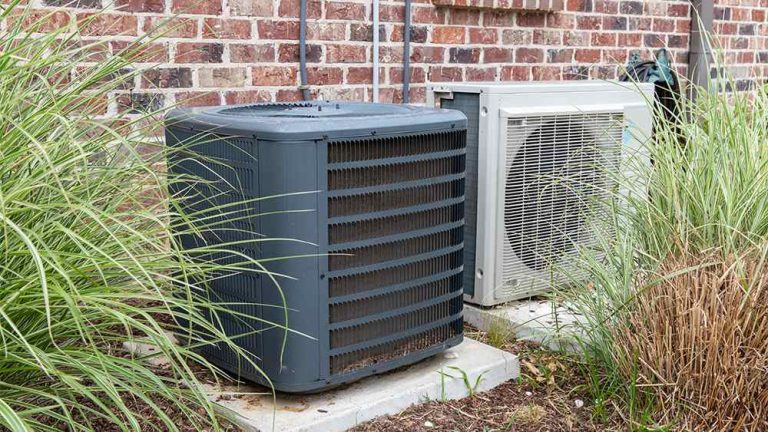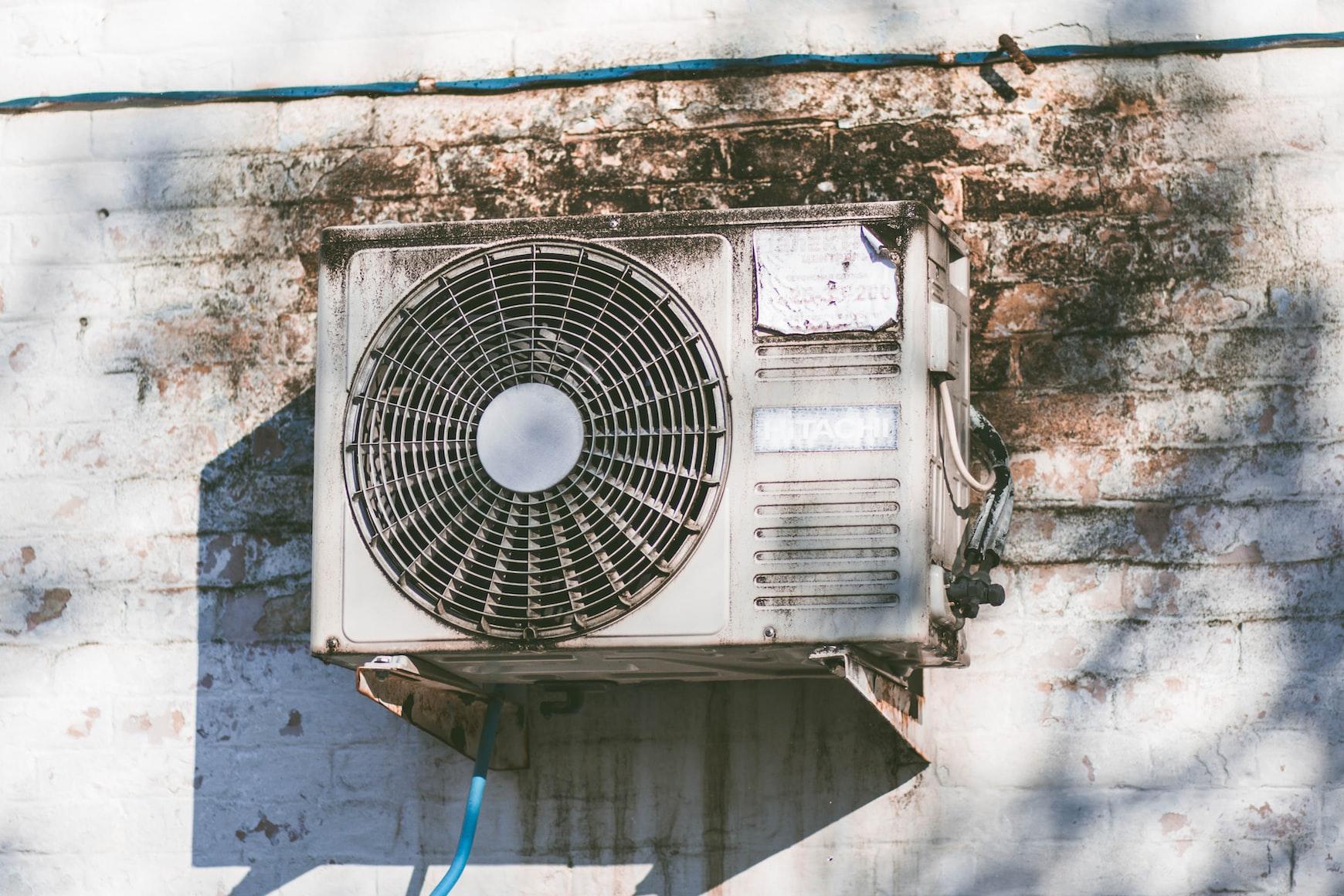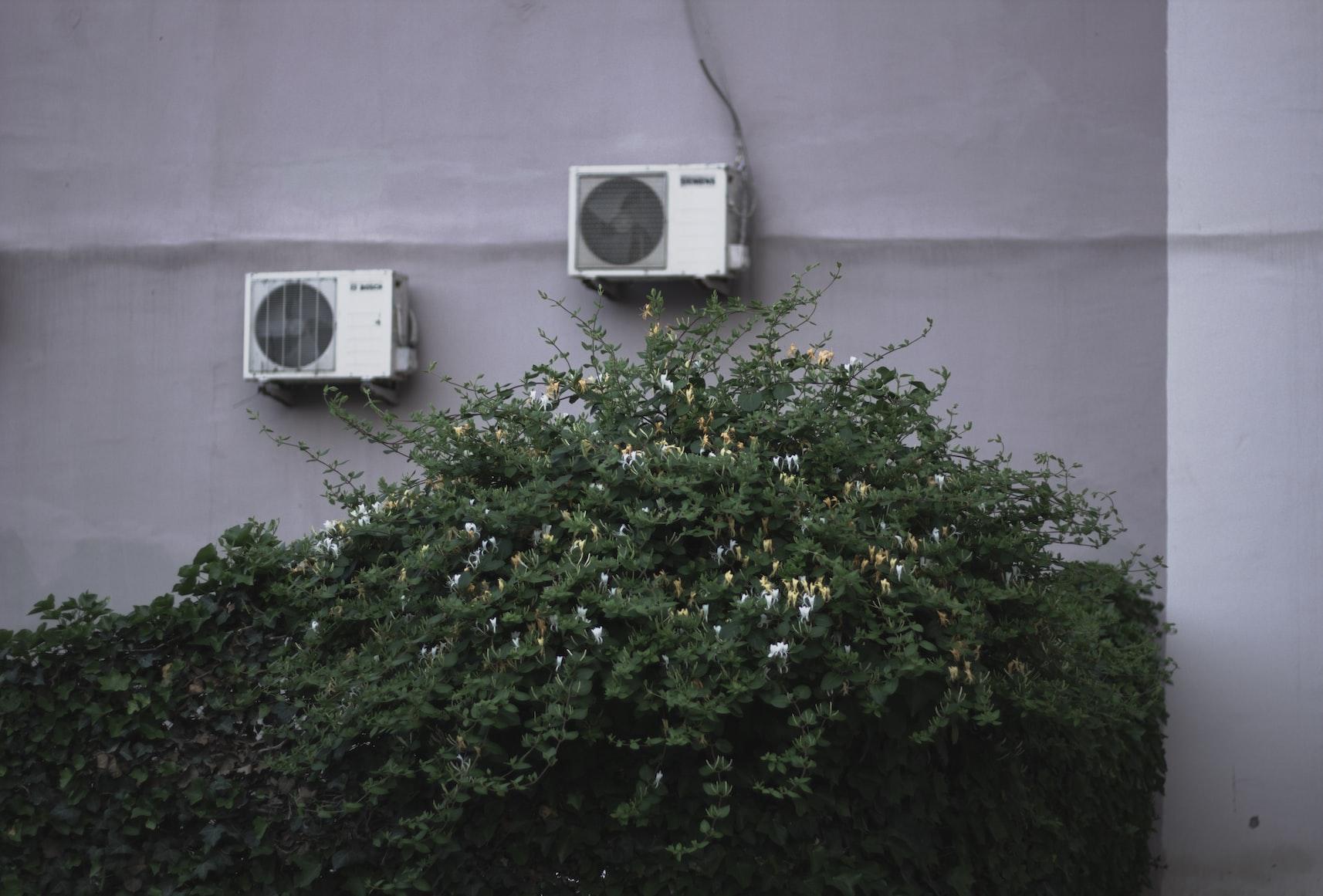Your HVAC system is in charge of keeping you comfortable all year round. Your HVAC system will keep you and your family cool in the summer and keep everyone warm in the winter. By ventilating your home, you can also aid to disperse clean air and get rid of toxins and allergies. But what happens if an HVAC system is no longer performing as it should?
Simply put, you and your family won’t feel comfortable inside your house anymore, and your electricity costs will probably skyrocket. Sometimes efficiency issues can be resolved with repairs, but other times a full HVAC replacement may be necessary. Read on to learn when your HVAC system needs to be repaired or replaced.
The air in your home stays humid
Even when you’re inside and in an air-conditioned space, do you feel clammy? The sensation of being sticky is a sign of higher-than-normal humidity. Temperature and humidity should be under control by an effective HVAC system. Moisture condenses as heated air travels over a unit’s chilly evaporator coils, eliminating moisture from the air.
In order to find respite, homeowners frequently lower their thermostats even further, which makes their HVAC system work harder and use more energy. For instance, if you live in Ottawa, Ontario you know that the summers are extremely humid, and you can’t allow your home to be hard to live in due to humidity. So, if you decide to change your HVAC system, make sure to get the best Ottawa HVAC installation services before the summer, so you can live comfortably during that period.
The temperature varies from room to room
To achieve comfort indoors, it is essential that the air-handling unit, the interior unit in charge of moving air throughout the house, and the ductwork connected to distribute conditioned air are designed, sized, and maintained properly. If the area is not appropriately built, the occupants may feel hot and cold zones.
The same goes for the air handler and ductwork, which if not maintained properly can accumulate dirt and diminish system capacity, causing some rooms to reach the target temperature while others do not. Make sure you perform regular upkeep to clean the interior unit and periodic inspections to see whether the ducting need cleaning due to a buildup of dirt. Zoning is an additional option that leads to shorter duct runs and greater efficiency.
Your HVAC unit is outdated
The lifespan of an HVAC system ranges from 10 to 20 years, depending on a number of factors. Even if it’s still functional after ten years, it could not be as effective as it once was and might cost a lot to maintain. If it is more than ten years old, it is advised to have it examined or replaced.
The more you use HVAC systems, the older they get, and after a few years, they will start to show indications of deterioration and wear. Over time, costs for maintenance and cleaning can pile up. In the long run, it may be more cost-effective to replace the equipment.
Electricity bills have skyrocketed
This may sound obvious, but monthly prices should remain largely stable from year to year unless your utility company has raised your gas or electric rates, or you’ve recently installed another energy-intensive device. Older systems inevitably lose part of their efficiency due to regular wear and tear; nonetheless, significant changes in prices are not typical.
Review your payment history. If charges have increased dramatically, it is a clear sign that your HVAC system is wasting energy. This can happen when components have to work harder to meet demand. Systems for cooling and heating will perform longer cycles to make up for worn-out components, using more energy.
You’re calling an HVAC technician frequently
HVAC systems benefit from annual tune-ups and occasionally need repairs, much like any large appliances. However, if you find yourself calling repairmen more frequently to fix your furnace, boiler, air conditioner, or any other component of the HVAC system, this may be a clue that one or more of the components are beginning to wear out. A failing component draws more energy in an effort to maintain thermal comfort. When an HVAC system starts needing expensive repairs frequently, homeowners should think about replacing it.
Final thoughts
If you’re not a certified HVAC expert, it might be challenging to determine whether a malfunctioning air conditioner needs a simple repair or new thermostat batteries. The decision of whether to repair or replace an aging air conditioner is commonly faced by homeowners. That’s why it’s best to consult a professional, so you can make an informed decision. Make sure you get the proper unit for your home’s cooling needs because modern units can last up to fifteen years.



